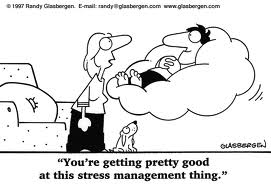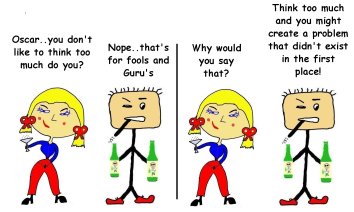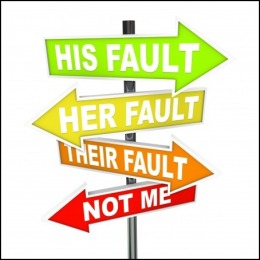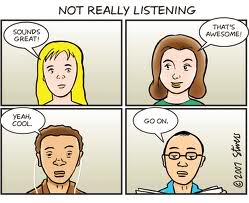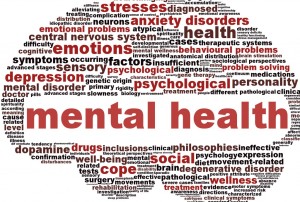A lot of changes have been happening, I guess things are always changing, inside us and around us. Sometimes it’s hard to keep up!
For a while now I’ve been noticing things around me that I wish I could change, but things inside me that have changed too e.g. increased irritation in carrying out daily tasks that were once, believe it or not, enjoyable.
There are numerous things that can irritate people and increase stress levels, sometimes a person may be covering up the irritation, brushing it under the rug to keep the peace. But how long can we keep this up? Slowly but surely it builds up, you find yourself just dealing with situations, or trudging through, day after day, the small doses of stress and irritation do add up. And in my case those negative feelings have been getting louder each day and are in full confidence now and appear in full force at the slightest ‘issue’. It’s frustrating. You don’t want to upset people around you, you want to carry on with your duty, but you can’t help feeling this way. When stresses and worries are constant, it takes less to tip the scales and cause high levels of agitation, anger, upset etc. even from minor situations.
Today I was thinking back to when I enjoyed chores and doing things for other people, over time my feelings of wanting to do things my way, in my time, according to my schedule, doing things in peace, without interruptions, using my time for myself without having to run errands, and basically feelings of putting myself first, have caused a great resistance against others and within my self. But why has this happened?
Over time I’ve been able to pin point the reasons why these feelings are so strong now and it actually is not a big deal. I have an issue with time and wanting to fit in loads of things into my day, so whenever other people require my assistance it means there’s less time for me to do my ‘stuff’, but what am I thinking? There are plenty of hours in the day to balance my tasks. This is one example of how I put too much strain on my self. And this strain affects those around me, as well as my self, just like the feelings of stress and negativity from others can affect you, you can affect them. Check your daily stresses and what has changed?
This morning I am making a decision to be accepting of, rather then resisting, my duties toward others, and being happy while I do it. But still maintaining space and time for my self. Other people’s demands don’t stop, there will always be something that needs to be done, so one has to be careful of how much you say yes to. Having said that there may be some stresses in your life that are not worth carrying on your shoulders, but I’m talking about the small things, the daily stresses, that are not worth the emotional resources they’re using. Those emotional resources could be much better used when needed in a bigger situation.
Going back to basics for me, at this moment, means returning to my acceptance of my duty to my family, something simple that I made so complicated!
“Any intelligent fool can make things bigger, more complex, and more violent. It takes a touch of genius, and a lot of courage, to move in the opposite direction.” Albert Einstein
